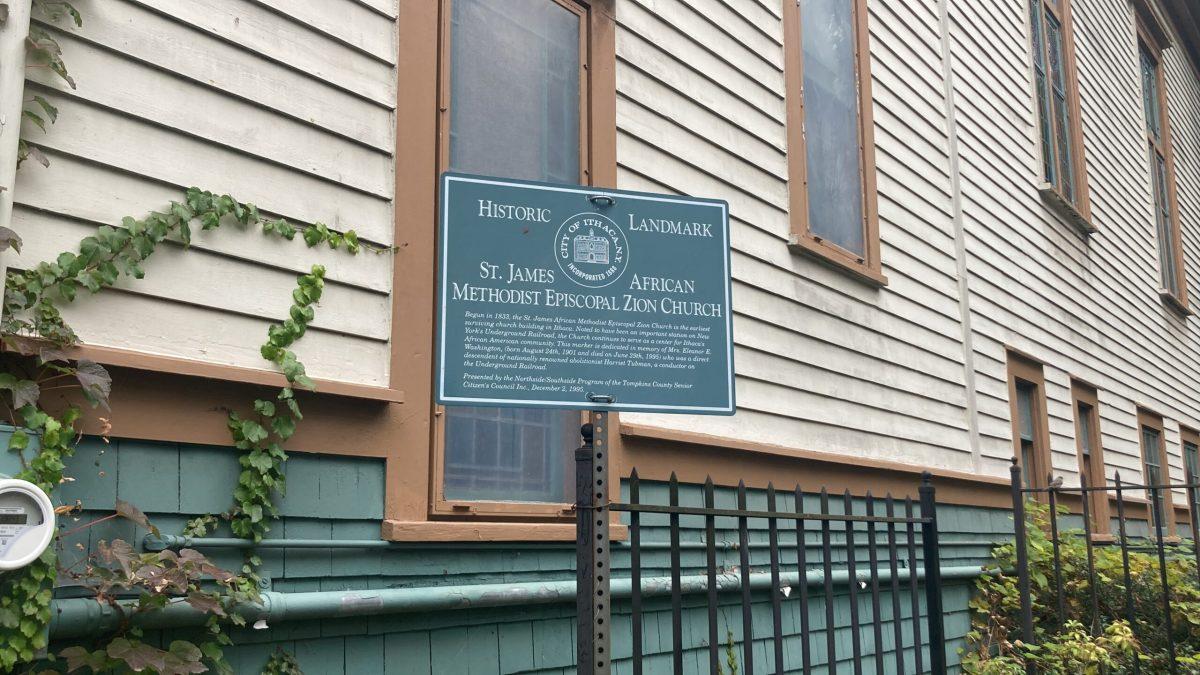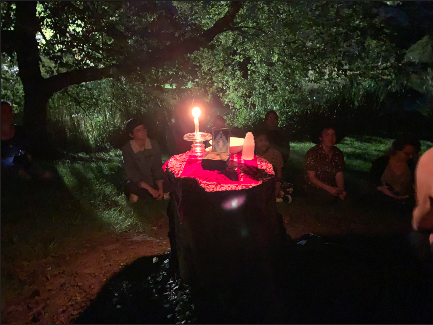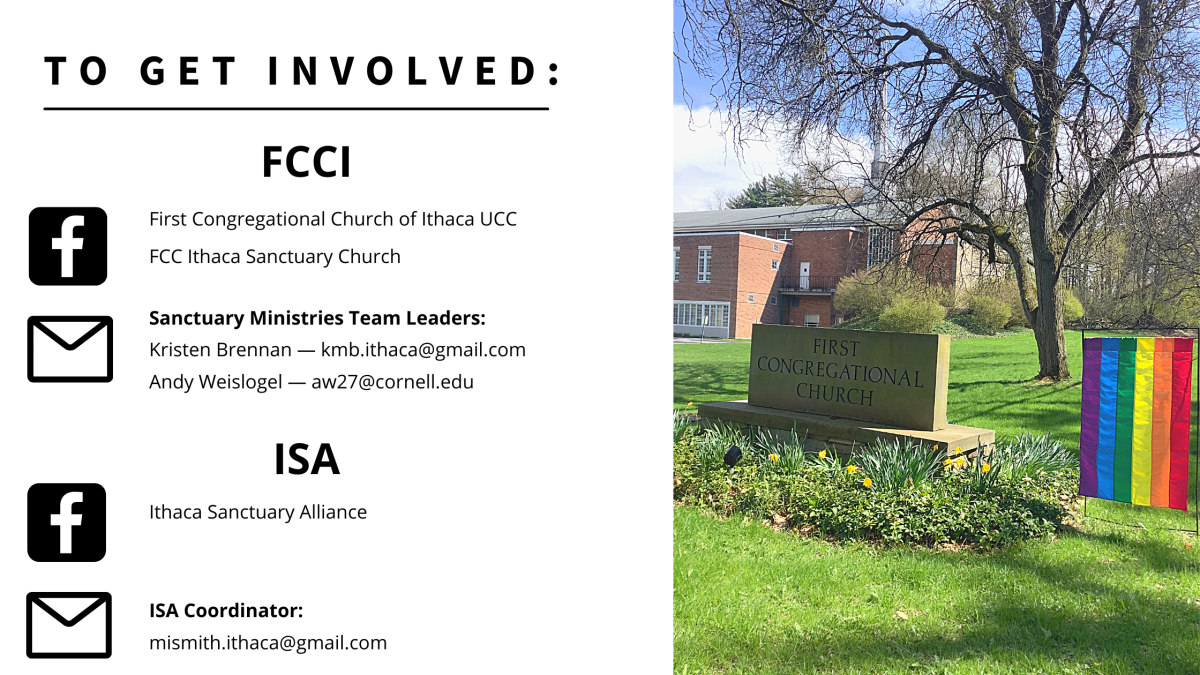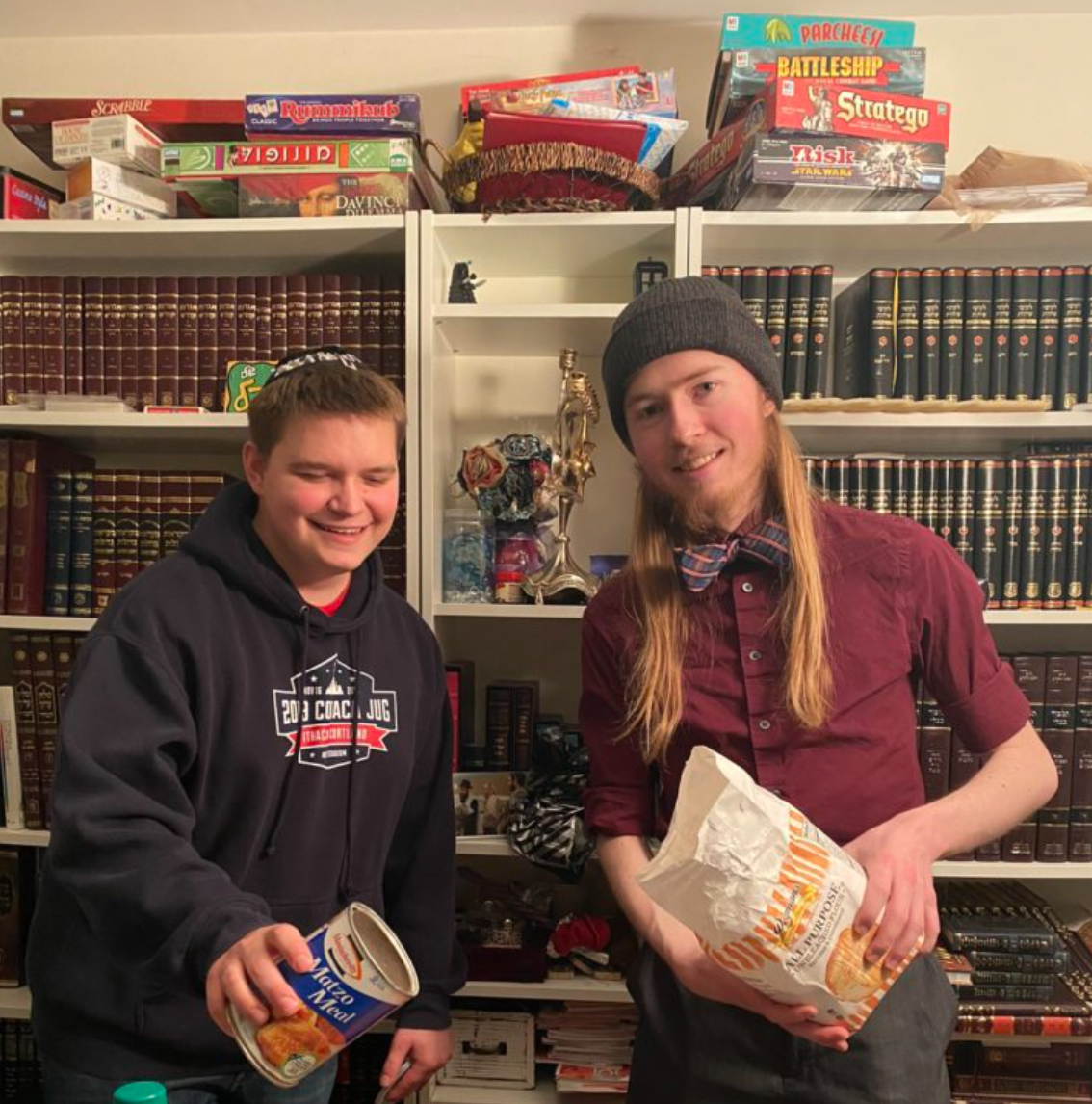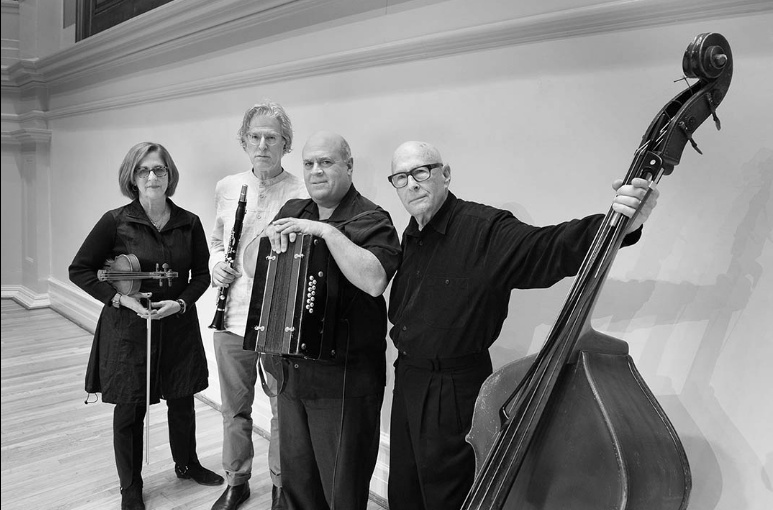Seder is a traditional Jewish ritual feast that marks the first night of the Jewish holiday of Passover. Sophir, who doesn’t consider herself especially religious, decided to host the seder to remember the traditions that her family observes at home.
“It’s more about the tradition and just sitting down at this table with people close to you once a year,” said Sophir. “I was kind of surprised that some of my friends that don’t go to service every week or don’t seem to be religious people, were so into the idea.”
She isn’t the only student who willingly chooses to continue these cultural traditions without religious obligation. The social ties associated with these religious holidays have encouraged social and intercultural relations, as opposed to simply traditional or faith-based practice. According to a 2005 study about faith for Generation Y by Anna Greenberg, 60 percent of Jewish youth would rather express their faith by talking with their friends than attending synagogue. Students, despite the inconvenience of dietary restrictions and busy academic and social lives, are choosing to observe passover of their own volition.
According to the North American Jewish Data Bank’s report on young Jewish adults in the US today found that although 46 percent of Jewish students said that they were less religious at college than in their parents’ households, 79 percent of them still observed Passover and participated in a seder.
Emerson College student Lauren Weinberg abides by the Passover diet, which prohibits eating unleavened bread during the week of Passover.
“If I don’t have the time to go to temple with my parents or do shabbat as often as I would like, the least I could do is change my diet a little,” said Weinberg. “It’s like a modified version of what my family does.”
Like Weinberg, many students use the holiday to return to faith-based traditions. According to a 2006 survey by Amy L. Sales and Leonard Saxe, most Jewish college students use major holidays like Hannukah and Passover to return to religious practices, as opposed to weekly rituals like lighting Shabbat candles. Sales and Saxe reported that 90 percent of college students celebrate Hannukah and 80 percent attend a Passover seder, while only 14 percent said that they light Shabbat candles weekly.
This pattern is marked by an increase of student attendance in local religious organizations. Rabbi Eli Silberstein, who works at the Roitman Chabad Center at Cornell, said he has observed higher participation of Jewish students during the holidays’ celebrations and services.
“It’s a tradition where many Jews, who are otherwise not as observant, like to observe,” Silberstein said. “People have fun memories of family and friends coming together and celebrate with special food, wine and songs.”
There are about 4,000 Jewish students on Cornell’s campus, said Ross Brann, Cornell University professor of Judeo-Islamic studies, Cornell University junior Benjamin Gordon, president of Ga’avah, the Jewish LGBT group at Cornell University, is one of the 4,000. Gordon said he enjoys celebrating Passover particularly on campus.
“Hillel [a Jewish campus organization] hosts a “Super Seder” with over 500 guests,” said Gordon. “Within the Super Seder, there are many seder tables [for different Jewish groups]. I, for instance, lead a Ga’avah table in which I related the struggles of the Ancient Israelites to the modern LGBT community.”
Outside of Ithaca, other Jewish students are following the same path and revisiting their faith for the holiday. Sydney Friedman, a student at New York University, said Passover helps her reflect on the blessings in her life.
“Food is a powerful way to take yourself out of your normal routine,” Friedman said. “It makes you think about why you do things and who you are for a longer time than like fasting on Yom Kippur, so I think you get more out of it. It kind of humbles you and shows you how lucky you are just by making a small change in your diet for a week.”
Observing Passover at college can not only give students the opportunity to renew their beliefs but also remember what they appreciate most about Judaism. For Gordon, celebrating Passover at school has reinforced what he likes most about Judaism – the community aspect, which will last long after he stops eating matzoh.
“It is nice that I can be hundreds of miles away from home, but still able to relate to so many people because of our common background,” said Gordon. “The success of college seders— which are very different than home seders— shows that community, camaraderie, and common decency are more power than certain beliefs and dogmas.”


